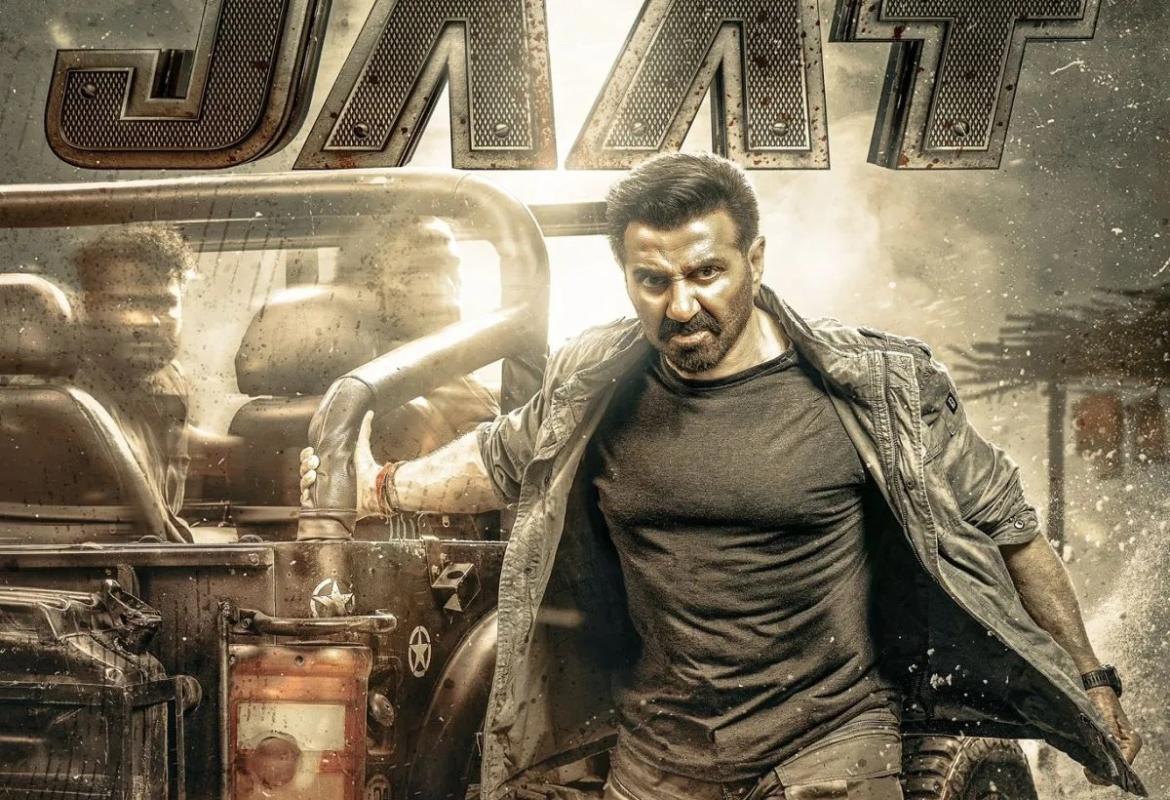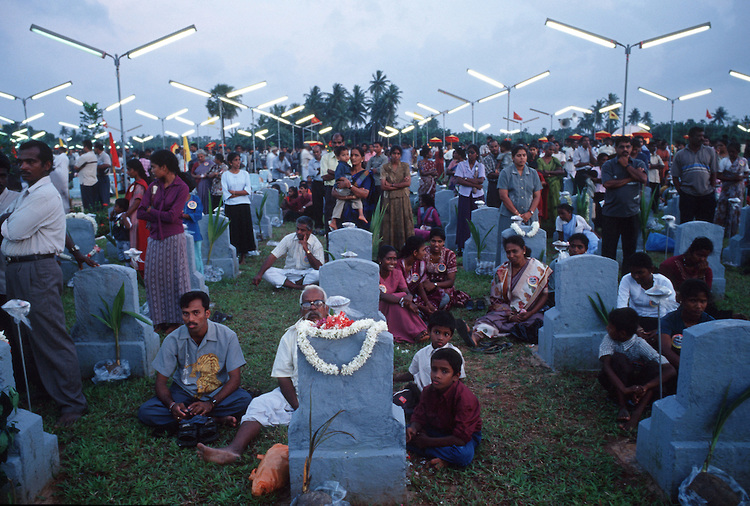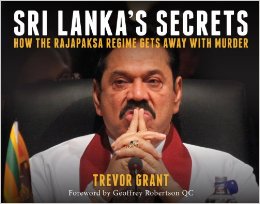Challenges Ahead: Sri Lanka's mass atrocities and international justice
"A gruelling battle is taking place in Sri Lanka between both leading presidential candidates despite certain factors which keep them united, such as ‘war victory’, denial of mass atrocities and rejection of an international investigation into such atrocities. Disturbingly all leading figures in the presidential debate are in competition with each other for self-proclamation and self-promotion in terms of credibility for the war victory, and complete denial of responsibility or acknowledgement of mass atrocities during the war," Mr Balasundaram wrote.
"Regardless of which leading candidate is to win Sri Lanka’s seventh presidential election, victims and survivors of mass atrocities will find it difficult to expect justice or a genuine and credible domestic mechanism into these heinous crimes. Considering Sri Lanka’s political dynamics, the culture of impunity in Sri Lanka will remain unchanged regardless of the outcome of the election. The colour may change but the cage will remain the same," he added.





